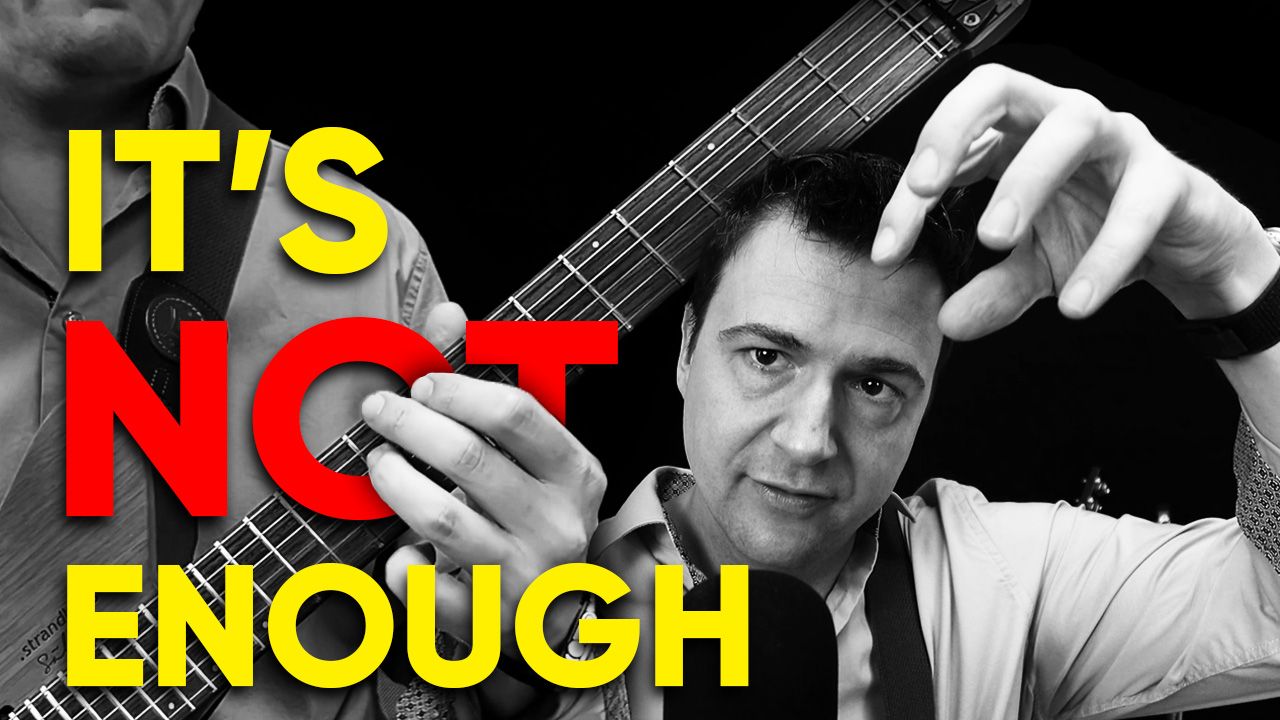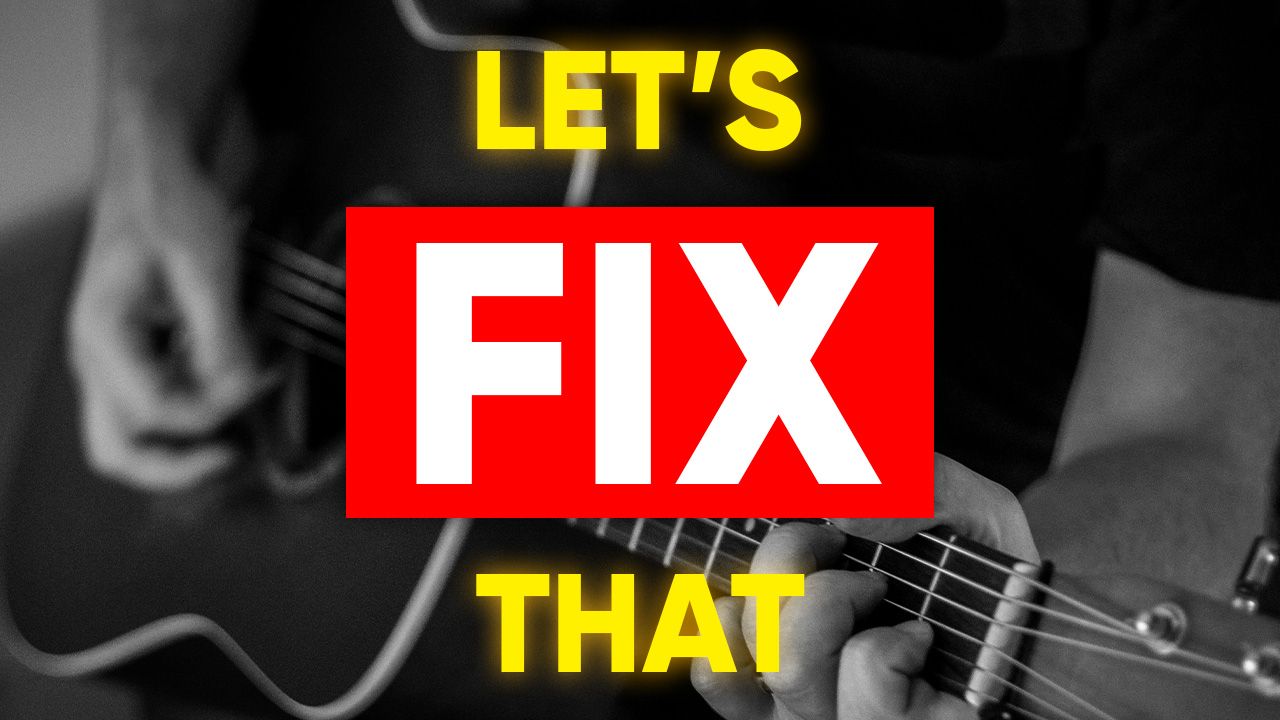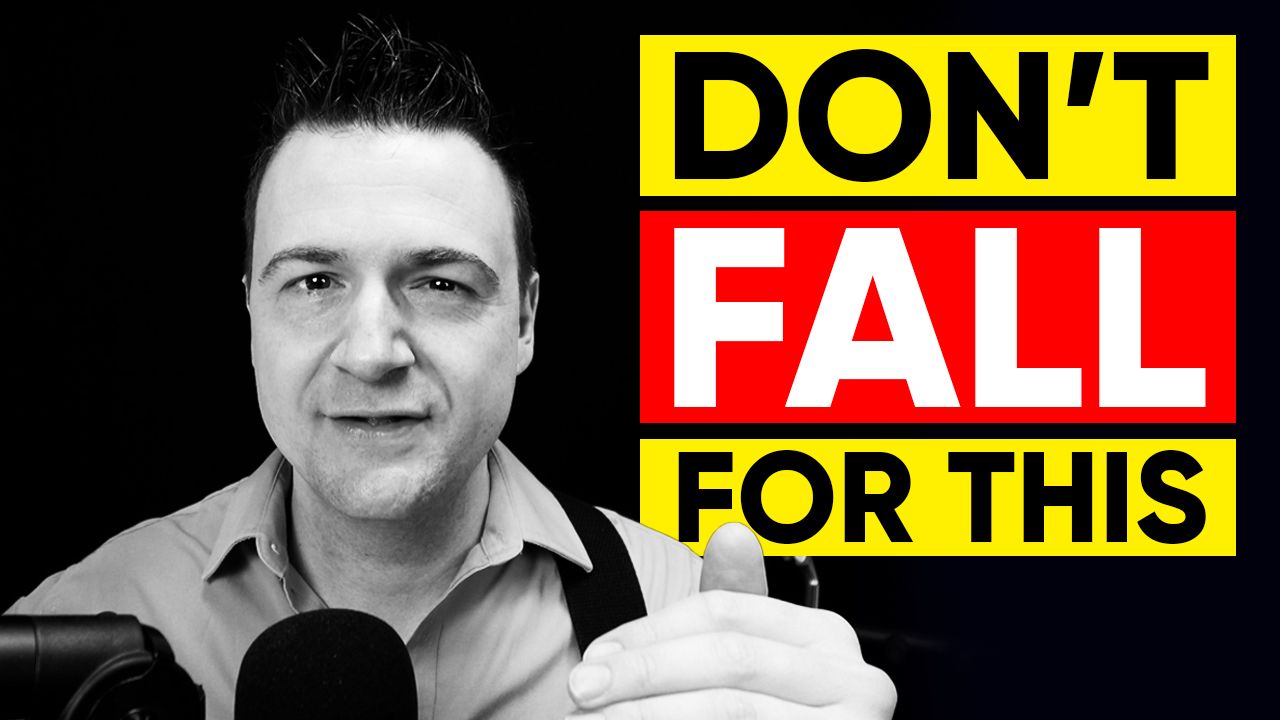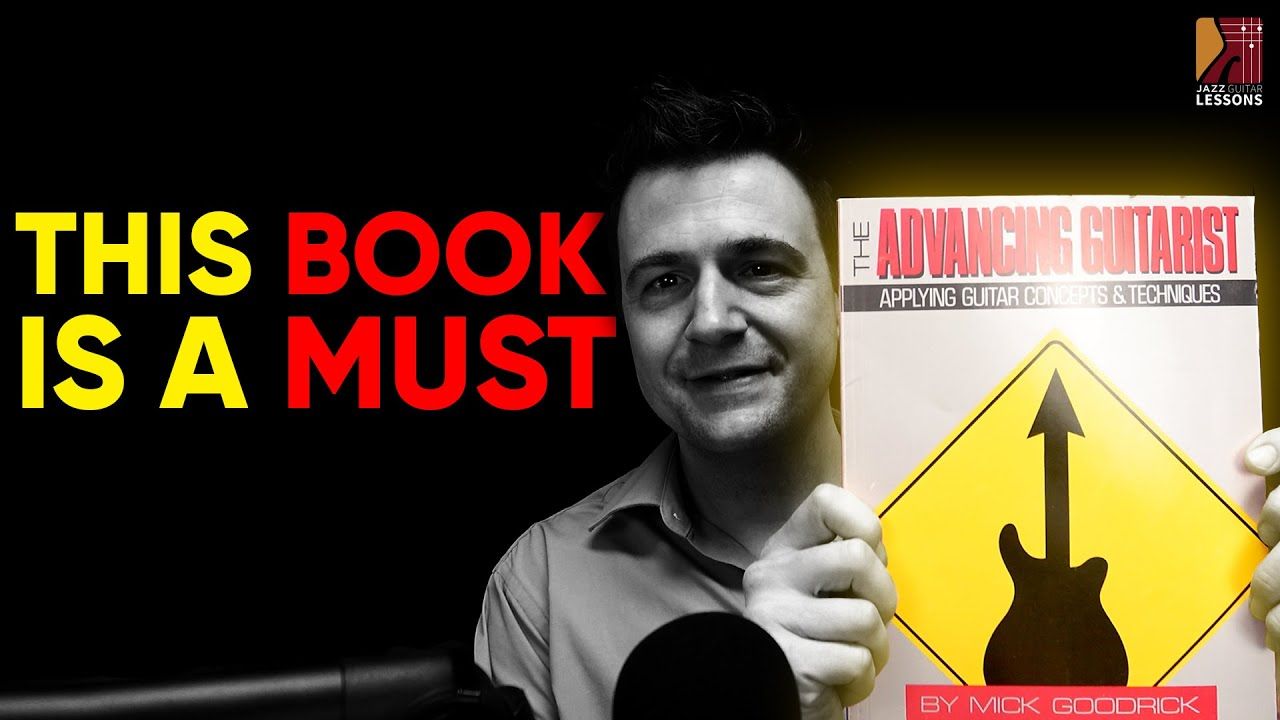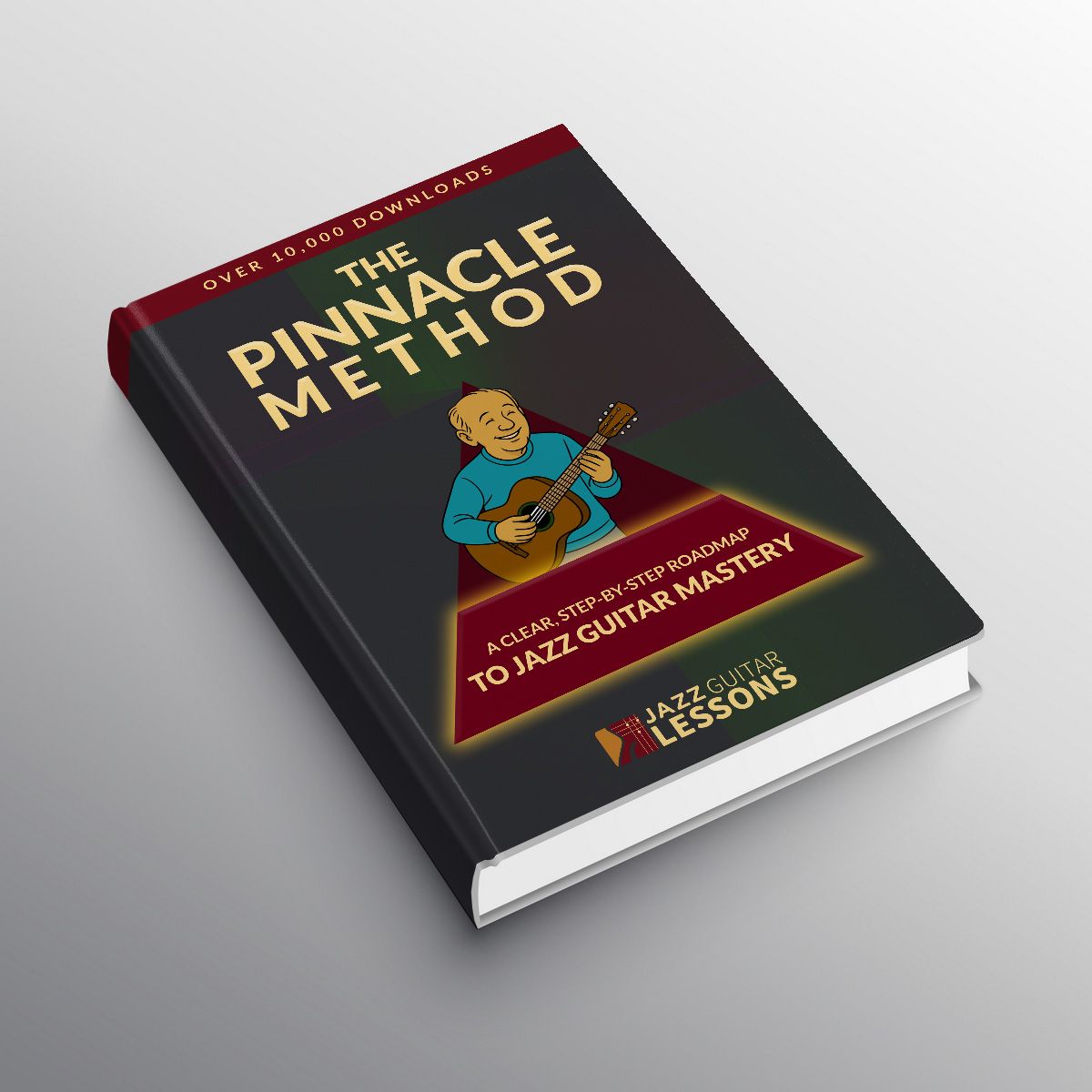
5 Common Mistakes Made By Beginner Jazz Guitarists
Apr 17, 2020Hello! Today I'll be talking about the top 5 mistakes that prevent beginners from really progressing in jazz.
For each mistake, I'll try to offer a solution or two - but of course I don't claim to have all the answers. I'm still learning myself 😅
1. Not learning enough tunes
This is unfortunately really common and I think it happens for a few different reasons!
My first theory is that students are intimidated by jazz theory or the amount of chord voicings/scales needed to play jazz. So, they just focus on that instead of practicing tunes!
It could also be some misinformation or misunderstandings re: learning everything in all 12 keys. This is a common thing that you hear or read in jazz books, even on this site: "learn everything in all 12 keys".
This is good advice of course, but not for beginners. If you're a beginner, you shouldn't focus on playing Giant Steps in all 12 keys before you've learned Autumn Leaves in 2 keys.
Use your best judgement! You have to build up a decent repertoire before being able to transpose instantly. So, how many tunes should you know? I'd say a good start would be 25 tunes, and a handful of jazz blues and rhythm changes heads.
[Recommended: Jazz Standards Library]
25 is not so overwhelming that it seems out of reach - and it would get you through a live performance, as well as allow you to participate at jam sessions.
After you've learned 25, you'll find that learning new tunes is much easier, and you'll be able to add new ones to your repertoire fairly quickly.
2. No Immersive Listening
I've met some musicians in jazz school who practice a lot, and have studied with great teachers, but for some reason their playing isn't quite there.
For a while I wondered how this could be, but eventually I realized: they're not actually listening to the music they're working on!
I mean, I'm all for having diverse tastes. But the fact is, if you want to learn jazz you have to be familiar with the history, the great masters, the classic records. Knowing the lyrics to the tunes, really internalizing the form, the intention of the song.
That's the kind of thing that can only be learned by intense immersion through listening! So, make a playlist of the tunes you're learning with a bunch of recordings that you love. Then, put it on around the house, doing the dishes, whatever.
Really spend a lot of time with it until you're humming the tunes and the solos without even realizing it. Then when you go to learn the tunes, you'll have done half the work already.
3. Not working on time
Beginner jazz guitarists are notorious for having bad time. Here are some theories as to why this is:
- We're trying so hard to make the chord changes at first that we just forget about everything else!
- We don't have that formative experience of playing really simple swing and locking in like a bass player and drummer do.
- In a lot of settings, we're sort of left to our own devices and can get away with shaky time.
However, you can remedy this by practising comping in a style like Freddie Green, or gypsy jazz - something where the rhythm is really steady, simple and defined. Playing along with records and try to lock in.
You could also learn actual bass lines from the great jazz bassists like Paul Chambers or Ray Brown and try to swing along with their recordings! By playing along with the great masters, you've slowly start to internalize the feeling of swing.
4. Not considering the musical situation
Jazz guitarists will find themselves in a wide variety of settings:
- duo with a vocalist
- trio
- duo with another guitar
- quartet with a piano
- big band
- and more
Often times I'll hear beginner or even intermediate guitarists not fully take the situation into consideration. To make my point I'll give you an example:
A really common thing you have to do in jazz school is playing guitar duo. There are so many guitarists that it's just bound to happen. Now, playing guitar duo tastefully is actually really hard!
This is because the instruments have the exact same range, and this means it can get really muddy. I've seen people comp in the same range as the soloist, or even worse - comp for themselves when they're playing in a duo and it doesn't sound very good.
So, ask yourself:
- What is the musical situation calling for stylistically?
- What are the other instruments around me doing? Where do I fit in, rhythmically and range-wise?
5. Worrying about gear
Lastly, here's a really simple one: don't worry about gear!
As long as you have a guitar that's playable, the intonation is fine, and ideally has a pickup so you can go to jam sessions... you will be good!
Try a few different picks and string types but don't get too hung up over it. Don't worry about pedals, especially at the beginning.
In fact, if you are able to get a good tone just going straight into a mid-level amp then you'll sound even better when you finally upgrade.


